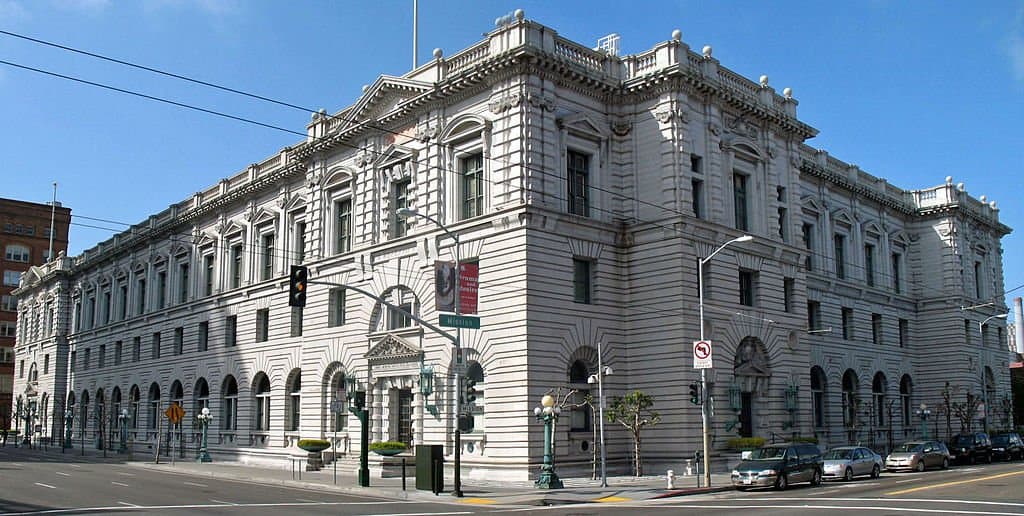
Henry Green is a student at Harvard Law School.
In today’s News and Commentary, a regional director orders an election over objections about the Board’s lack of quorum; the 9th circuit pauses an injunction against an Executive Order excluding many federal workers from collective bargaining; and unions and industry groups weigh in on driverless car legislation in Massachusetts.
An NLRB Regional Director ordered an election at a manufacturing facility in Alabama, rejecting an employer’s argument that Regional Directors cannot process representation cases when the Board lacks a quorum, per NLRB Edge. The United Auto Workers filed for an election at Navistar Big Bore Diesels in Hunstville, Alabama on June 30. According to the decision, “the only issue” disputed was whether representation petitions could be processed without a quorum at the Board. The decision says that Directors have delegated authority to process elections: the Board delegated the authority in 1961 and the Supreme Court upheld the delegation in Magnesium Casting (1971). “[T]he authority delegated to [Regional Directors] in 1961… survives any subsequent loss of a quorum,” the Director concludes.
Bloomberg reports that the 9th Circuit has paused an order from a California District Court that directed the Trump administration to continue recognizing collective bargaining rights for federal employees. In March, President Trump issued an executive order designating a long list of federal agencies “Exclud[ed] from Federal Labor-Management Relations Programs.” The Executive Order said the federal labor-management relations statute could not be applied to the agencies because they perform national security functions. Judge James Donato issued a preliminary injunction blocking the Executive Order in late June, holding that the plaintiff unions’ First Amendment claims warranted further litigation. The 9th Circuit’s order suspends that injunction. Per the article, an oral argument on the preliminary injunction is scheduled at the 9th Circuit for July 17.
The Boston Globe reports that driverless car legislation in Massachusetts faces opposition from unions and support from industry groups. A bill under consideration at the state legislature would establish a “regulatory framework” for autonomous vehicles in the state. A policy official for Waymo, which supports the bill, said 25 states have adopted similar legislation. Industry supporters “touted the vehicles’ safety and efficiency,” per the article. Unions and other groups opposing the bill raised concerns about job losses, saying some 70,000 drivers could be affected. Opponents also cited concerns about safety and increased congestion. A state representative has introduced competing legislation that would require a human operator to be present in autonomous vehicles.






Daily News & Commentary
Start your day with our roundup of the latest labor developments. See all
January 18
Met Museum workers unionize; a new report reveals a $0.76 average tip for gig workers in NYC; and U.S. workers receive the smallest share of capital since 1947.
January 16
The NLRB publishes its first decision since regaining a quorum; Minneapolis labor unions call for a general strike in response to the ICE killing of Renee Good; federal workers rally in DC to show support for the Protecting America’s Workforce Act.
January 15
New investigation into the Secretary of Labor; New Jersey bill to protect child content creators; NIOSH reinstates hundreds of employees.
January 14
The Supreme Court will not review its opt-in test in ADEA cases in an age discrimination and federal wage law violation case; the Fifth Circuit rules that a jury will determine whether Enterprise Products unfairly terminated a Black truck driver; and an employee at Berry Global Inc. will receive a trial after being fired for requesting medical leave for a disability-related injury.
January 13
15,000 New York City nurses go on strike; First Circuit rules against ferry employees challenging a COVID-19 vaccine mandate; New York lawmakers propose amendments to Trapped at Work Act.
January 12
Changes to EEOC voting procedures; workers tell SCOTUS to pass on collective action cases; Mamdani's plans for NYC wages.